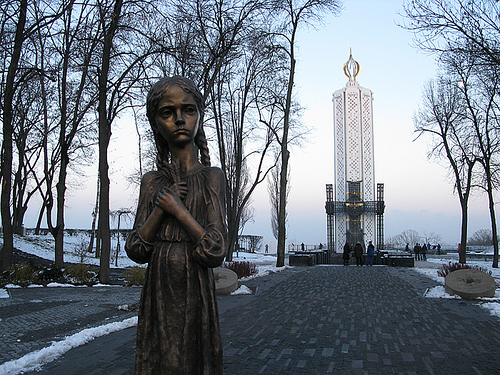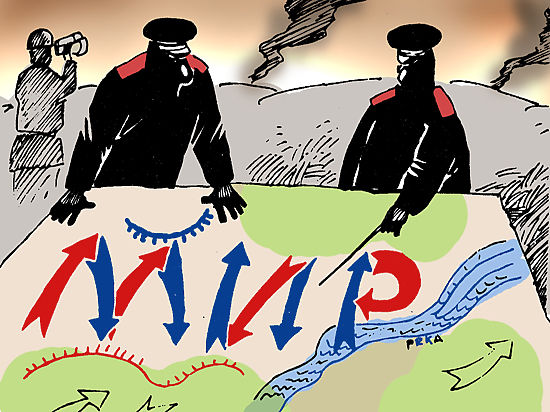The Parliament of Portugal adopted a resolution recognizing the Holodomor famine of 1932-33 in Soviet Ukraine as a genocide.
The resolution, the draft of which was submitted by the opposition Social Democratic Party, says that the parliament voted to “show solidarity with the Ukrainian people and recognize the genocide that led to the death of 7 million Ukrainians [so says the document – Ed.] in 1932 and 1933 in Ukraine, and condemn all forms of totalitarianism and all varieties of violations and crimes against humanity, like those that took place in the 1930s in Ukraine.”
Find out about the Holodomor at a glance: Holodomor: Stalin’s genocidal famine of 1932-1933 | Infographic
The ruling Socialist Party submitted another draft resolution in memory of victims of the Great Famine in Ukraine, without the word “Holodomor.” Instead, it refers to the famine as a “the result of an agricultural policy for farmers, the tragic and terrible consequence of which was the loss of millions of lives from starvation.” The Portuguese Parliament passed this resolution too. It says that the parliament commemorates the victims of the Great Famine which took place in Ukraine in 1932-33, and also honors the survivors and their families “to preserve the living memory about what was committed and to preserve the memory of those who lost their lives.”
In December 2016, the Verkhovna Rada of Ukraine appealed to the nations of the world to recognize Holodomor 1932-1933 in Ukraine as a genocide of the Ukrainian people. President of Ukraine Petro Poroshenko appealed to the matter to the heads of the parliaments of other countries during his foreign visits.
As of today, 19 countries, including Ukraine, recognize Holodomor as a genocide. [the original RFERL article refers to up to 24 countries, but our studies are in the map below- Ed.]
Other countries and institutions have issued statements recognizing Holodomor as tragedy or crime against humanity but did not use the word “genocide.” For instance,
The European Parliament in a resolution from 2008 “recognises the Holodomor (the artificial famine of 1932-1933 in Ukraine) as an appalling crime against the Ukrainian people, and against humanity.”
The United Nations in a joint statement from 2003 refers to Holodomor as a “national tragedy of the Ukrainian people.”
The Parliamentary Assembly of the Council of Europe in a resolution from 2010 “strongly condemns the cruel policies pursued by the Stalinist regime, which resulted in the death of millions of innocent people, as a crime against humanity.”
The Organization for Security and Cooperation in Europe in a resolution from 2008 states that Holodomor was a “mass starvation brought about by the cruel deliberate actions and policies of totalitarian Stalinist regime.”
The United Nations Organization for Education, Science and Culture in a resolution from 2007 recognizes Holodomor as the “national tragedy of the Ukrainian people, caused by the cruel actions and policies of the totalitarian regime.”
In November 2006, the Parliament of Ukraine recognized the Holodomor 1932-1933 genocide against the Ukrainian people.
According to scientific-demographic estimates, Ukraine claims that the total number of casualties from the famine of 1932-33 is 3 million 941 thousand people, and the losses of the unborn are 6,122,000.
Read also:
- So how many Ukrainians died in the Holodomor?
- The Holodomor of 1932-33. Why Stalin feared Ukrainians
- Why compare the Holodomor and the Holocaust
- The history behind “Bitter Harvest,” dramatic movie about the Holodomor
- Stalin starved populations to death to russify Ukraine, North Caucasus and Kazakhstan, statistics show
- Documents reveal Soviet repressions against those resisting Holodomor genocidal famine
- It’s long past time to identify and shame Holodomor deniers
- About the Holodomor. Background data
- History, Identity and Holodomor Denial: Russia’s continued assault on Ukraine
- Stalin’s Holodomor in Kazakhstan, or a very brief guide to “The Goloshchekin genocide”
- On Holodomor denial, and fisking a denialist Russian professor of History








